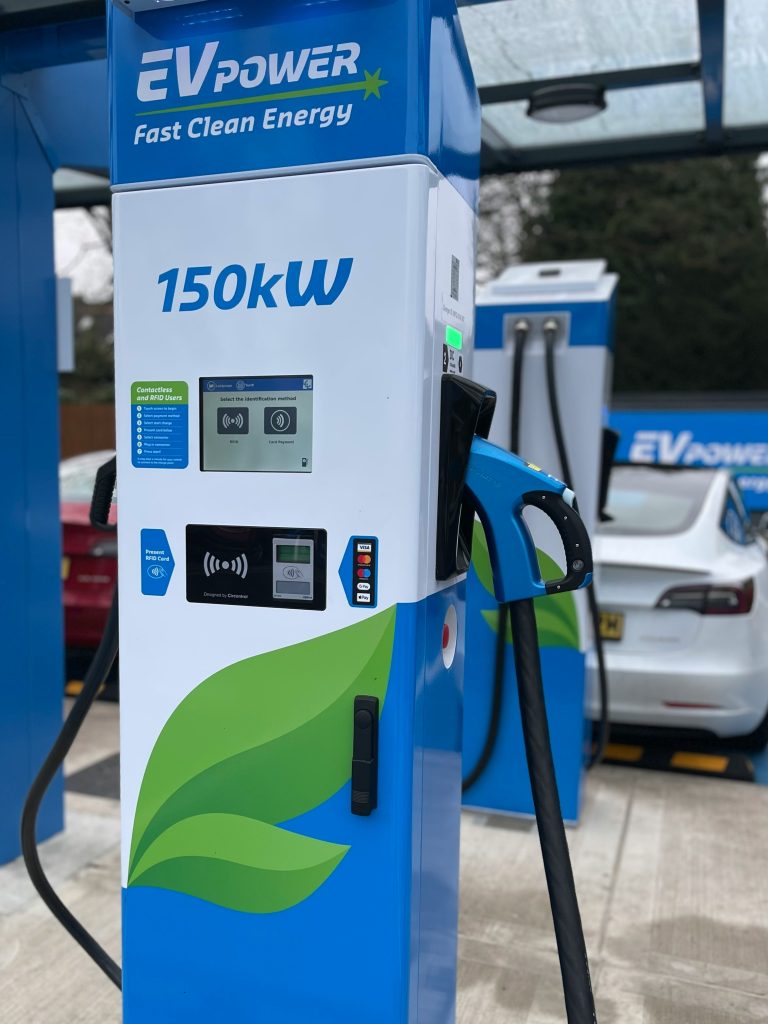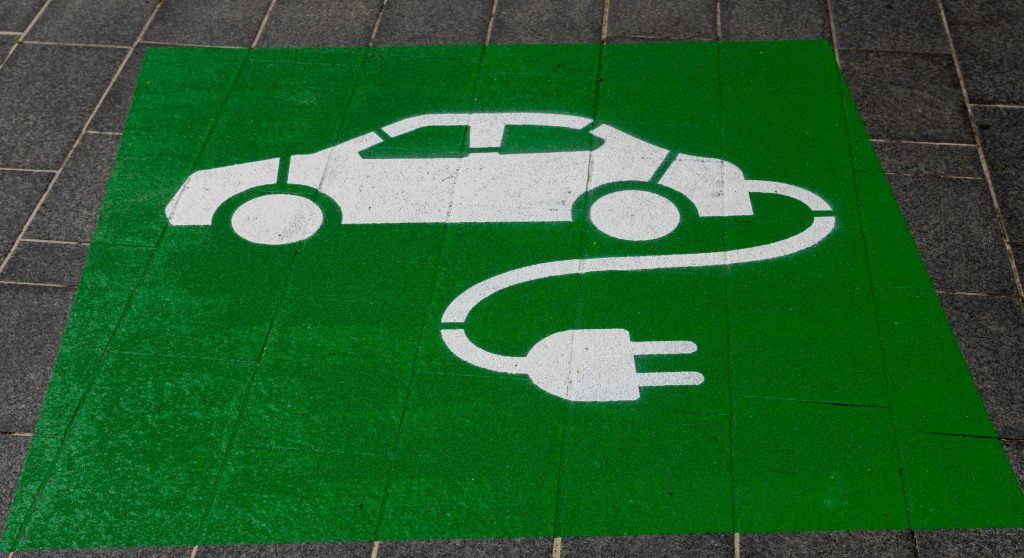The world is witnessing a remarkable transformation in the automotive industry with the rapid rise of electric vehicles (EVs). This shift, driven by technological advancements, policy changes, and increasing environmental awareness, is poised to significantly impact global transportation and the environment. Electric vehicles (EVs) are no longer just a futuristic concept; they have become an integral part of our present and a crucial component of our future. As the world grapples with the challenges of climate change, pollution, and energy sustainability, EVs offer a promising solution.

The Emergence of Electric Vehicles
Technological Advancements
The past decade has witnessed significant advancements in battery technology, making EVs more affordable and efficient. Innovations in lithium-ion batteries have increased energy density, reduced costs, and extended vehicle ranges, addressing one of the major concerns of potential EV buyers—range anxiety.
Government Policies and Incentives

Governments worldwide have played a pivotal role in promoting EV adoption through various policies and incentives. Subsidies, tax rebates, and grants have made EVs more financially accessible to the average consumer. Additionally, stringent emission regulations and bans on future sales of internal combustion engine vehicles in several countries have accelerated the shift towards electric mobility.
Corporate Commitments

Major automotive manufacturers have committed to an electric future. Companies like Tesla, Nissan, and Chevrolet have led the way, while traditional automakers like Ford, General Motors, and Volkswagen are investing billions into developing new EV models and building extensive charging networks.
The Surge in Electric Vehicle Adoption
In recent years, electric vehicles have moved from the fringes to the mainstream. As of 2023, there are over 26 million EVs on the road worldwide, a number projected to reach 145 million by 2030 if current trends continue . The surge is particularly notable in countries like China, the United States, and several European nations.

- China: Leading the charge, China accounts for nearly 45% of global EV sales. In 2022 alone, China sold 6.8 million EVs, a 78% increase from the previous year .
- Europe: Europe follows closely, with EVs making up about 20% of new car sales in 2023. Norway is a standout, where over 80% of new car sales are electric .
- United States: The U.S. is also ramping up its efforts, with EV sales reaching nearly 1 million units in 2023, doubling from 2021 .
Social Impacts
Environmental Benefits
One of the most significant social benefits of EVs is their positive impact on the environment. EVs produce zero tailpipe emissions, reducing air pollution and contributing to cleaner cities. This improvement in air quality can lead to better public health outcomes, reducing respiratory and cardiovascular diseases linked to pollution.
Urban Transformation

The adoption of EVs is transforming urban landscapes. Cities are installing EV charging stations, redesigning parking infrastructures, and planning for integrated electric public transport systems. These changes promote a cleaner, more sustainable urban environment, benefiting all residents.
Energy Independence
EVs have the potential to reduce reliance on fossil fuels, thereby enhancing energy security. By leveraging renewable energy sources like solar and wind to charge EVs, countries can decrease their dependence on imported oil, fostering greater economic stability and security.
Economic Impacts
Job Creation
The EV industry is a significant driver of job creation. From manufacturing to maintenance and charging infrastructure development, EVs generate employment across various sectors. The shift towards EVs has spurred innovation and entrepreneurship, leading to the growth of new businesses and services.
Economic Growth
The EV market is expanding rapidly, contributing to economic growth. The global EV market size was valued at over $160 billion in 2020 and is expected to grow exponentially in the coming years. This growth translates into increased revenues for companies, higher tax revenues for governments, and a positive ripple effect on related industries.
Cost Savings for Consumers
While the initial purchase price of EVs can be higher than that of traditional vehicles, the total cost of ownership is often lower. EVs have fewer moving parts, resulting in lower maintenance costs. Additionally, the cost of electricity as a fuel is generally lower than gasoline or diesel, leading to significant savings over the vehicle’s lifespan.
Environmental Benefits of Electric Vehicles
The environmental impact of electric vehicles is a key driver behind their adoption. Here are some of the significant benefits:

- Reduction in Greenhouse Gas Emissions: EVs produce zero tailpipe emissions, which directly contributes to lower greenhouse gas emissions. According to the International Energy Agency (IEA), the increased adoption of EVs in 2022 resulted in a reduction of 60 million metric tons of CO2 emissions, equivalent to the total annual emissions of Greece .
- Air Quality Improvement: Cities with high EV adoption rates are witnessing improved air quality. For instance, studies have shown that air pollutants like nitrogen oxides (NOx) and particulate matter (PM) have decreased in urban areas with significant EV usage .
- Energy Efficiency: EVs are generally more energy-efficient than internal combustion engine (ICE) vehicles. They convert over 77% of the electrical energy from the grid to power at the wheels, compared to only 12-30% for ICE vehicles .
Challenges and the Road ahead
While the rise of EVs brings substantial environmental benefits, several challenges need addressing to maximize their positive impact.

- Battery Production and Recycling: The production of lithium-ion batteries, a key component of EVs, has environmental downsides, including mining impacts and energy-intensive manufacturing processes. Effective recycling programs and advancements in battery technology are crucial to mitigating these issues .
- Renewable Energy Integration: To fully leverage the environmental benefits of EVs, it is essential to power them with renewable energy sources. Currently, the carbon footprint of an EV can vary significantly depending on the energy mix of the region .
- Infrastructure Development: Expanding charging infrastructure is critical to support the growing number of EVs. Governments and private entities are investing heavily in this area, with the number of public charging points expected to reach 10 million by 2030 .
The global rise of electric vehicles represents a significant step toward a more sustainable and environmentally friendly transportation sector. While challenges remain, the ongoing advancements in technology, policy support, and societal commitment to reducing carbon emissions and improving air quality provide a promising outlook. The future of transportation is electric, and its positive impact on the environment is undeniable.
As we accelerate towards this electric future, it is crucial to continue addressing the challenges to ensure that the environmental benefits are fully realized and sustained for generations to come.
Check out our list of online programmes and see if we have anything that interests you on specializations like energy sustainability, project management, or business administration.
You can also chat LIVE on WhatsApp with one of our Education Advisors for more information on all the programmes we offer, the application process, and the discounts we might offer.
